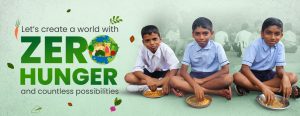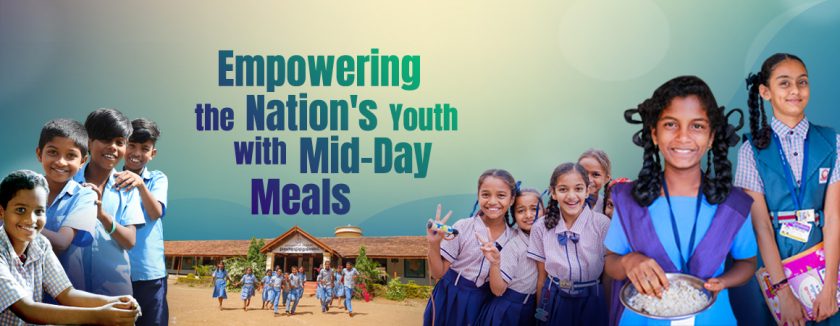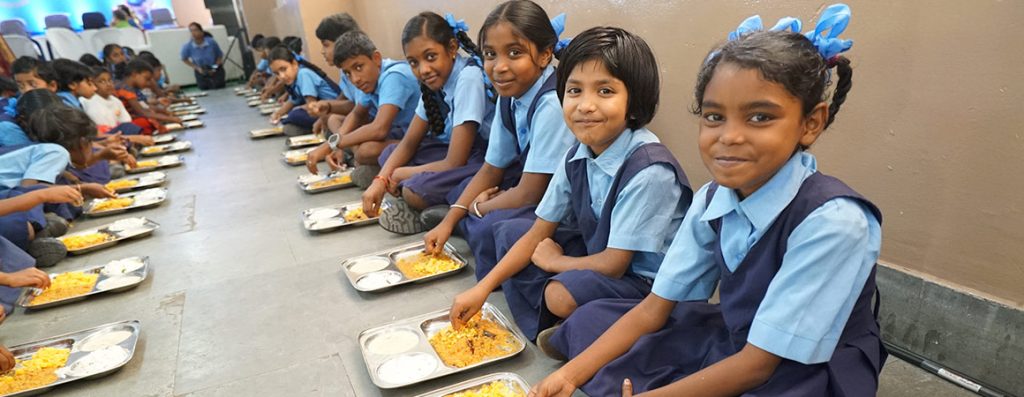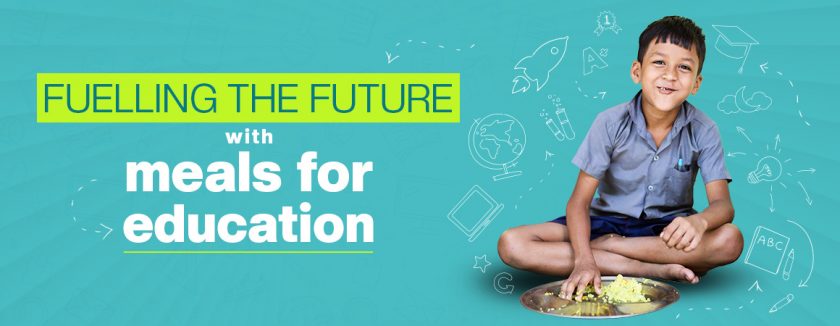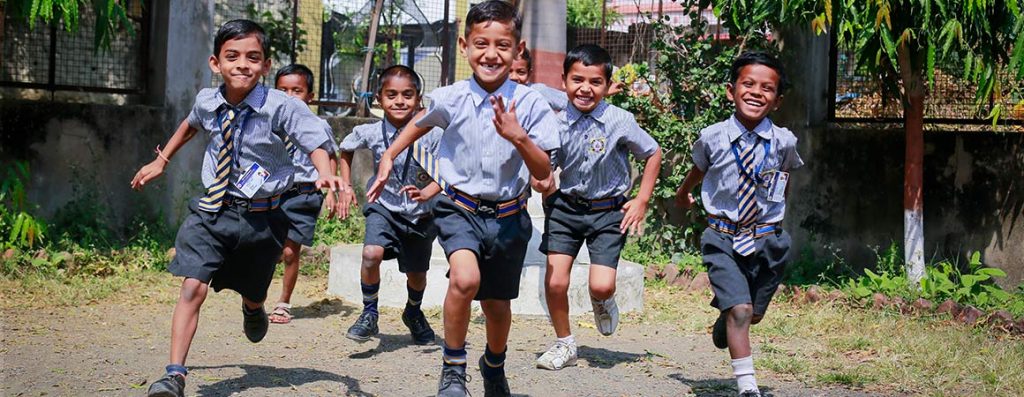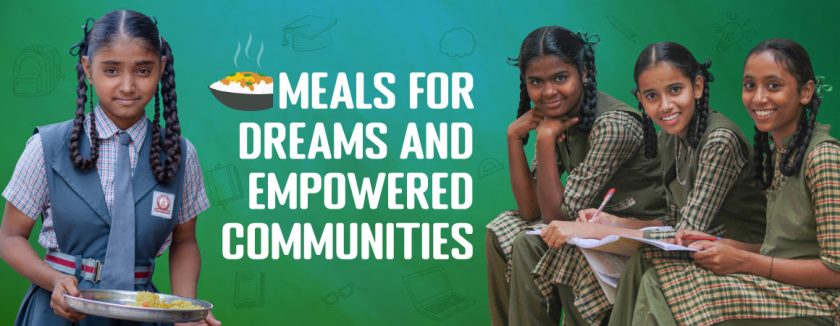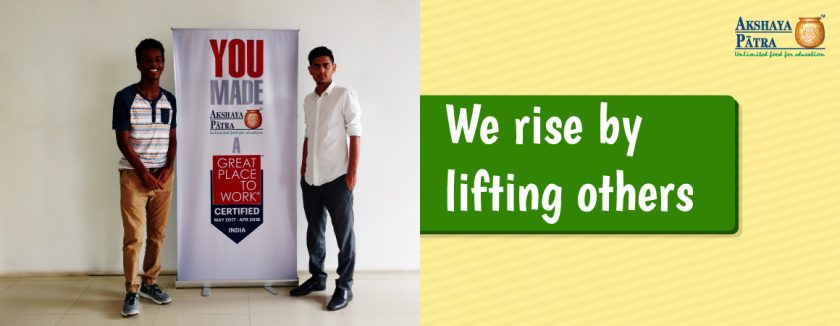In a world of abundance, it is disheartening to witness the persistence of hunger and malnutrition. The Zero Hunger Challenge calls for a collective effort to eliminate hunger, ensure food security, improve nutrition and promote sustainable agriculture.
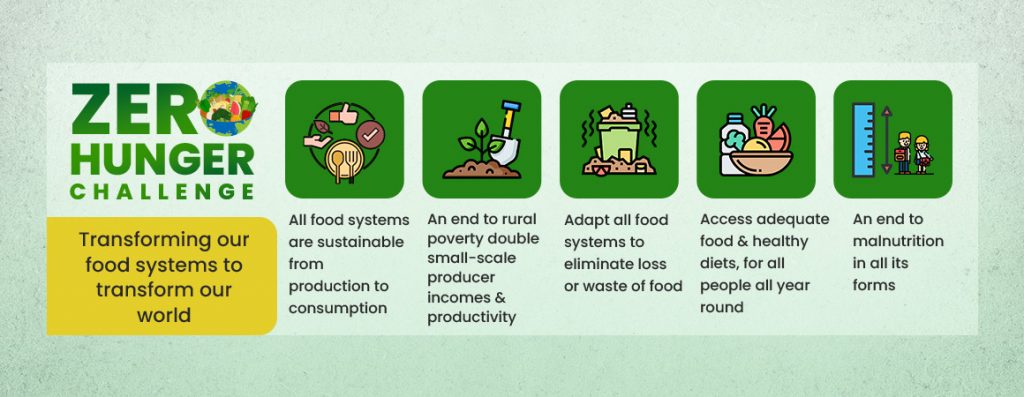
The challenge focuses on five key elements that are essential to achieving zero hunger: sustainable food production, improved access to food, zero loss or waste of food, ensuring adequate nutrition for all and building resilience to food-related crises.

Sustainable food production is a crucial aspect of the Zero Hunger Challenge. It involves promoting agricultural practices that are environmentally friendly, such as organic farming, crop rotation and agroforestry. By adopting sustainable practices, we can increase food production while minimising the negative impact on natural resources, such as land, water and biodiversity.

Improving access to food is another important goal of the Zero Hunger Challenge. This involves ensuring that everyone has physical and economic access to nutritious food at all times. It includes measures such as improving infrastructure for food storage and transportation, supporting small-scale farmers, empowering women in agriculture and promoting inclusive and equitable food systems.
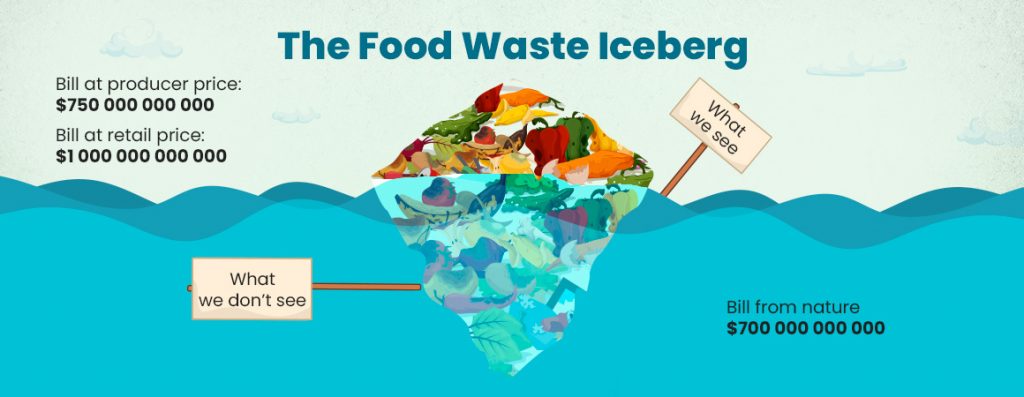
Zero loss or waste of food is a critical element of the Zero Hunger Challenge. Currently, a significant amount of food is lost or wasted throughout the production and supply chain. By reducing food loss and waste, we can ensure that the available food resources are utilised efficiently.

Ensuring adequate nutrition for all is an essential part of the Zero Hunger Challenge. It involves addressing malnutrition in all its forms, including undernutrition, micronutrient deficiencies and overweight and obesity.
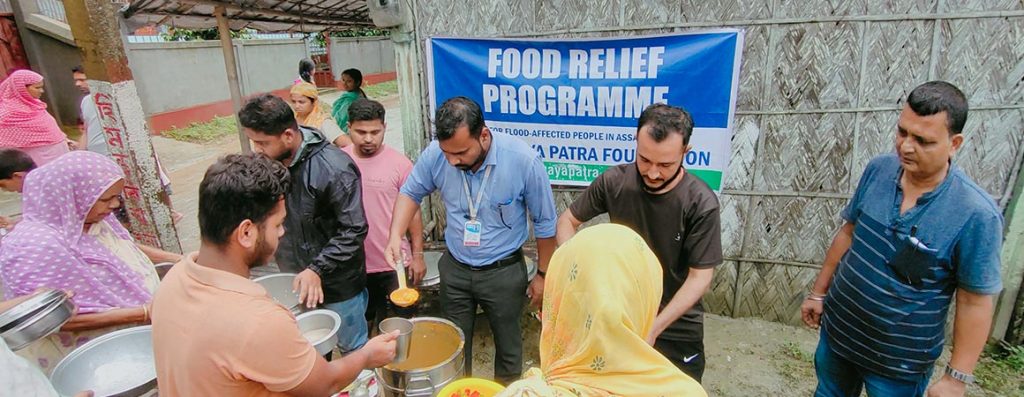
Building resilience to food-related crises is the final component of the Zero Hunger Challenge. This involves strengthening the capacity of communities and countries to withstand and recover from emergencies such as natural disasters, conflicts and economic shocks.
Conclusion
The Zero Hunger Challenge is a call to action to eradicate hunger, ensure food security and promote sustainable agriculture. By addressing the root causes of hunger, implementing innovative solutions and fostering collaboration, we can create a world where no one goes to bed hungry. The Zero Hunger Challenge requires collective efforts from governments, civil society, the private sector and individuals. Together, let us strive towards a future of nourishment, dignity and opportunity for all.
Created by:
Rohit Kumar
Nipun Tyagi
Anitha Shivamallaiah


